The Ministry of Health has just submitted a draft Decree detailing a number of articles of the Law on Health Insurance, which sets out new regulations on health insurance premiums for different groups of subjects.
The Ministry of Health has just submitted a draft Decree detailing a number of articles of the Law on Health Insurance, which sets out new regulations on health insurance premiums for different groups of subjects.
According to the draft Decree, the health insurance premium will be determined at 4.5% of the monthly salary for those participating in compulsory health insurance. Of which, the employer will pay 2/3 and the employee will pay 1/3 of this fee.
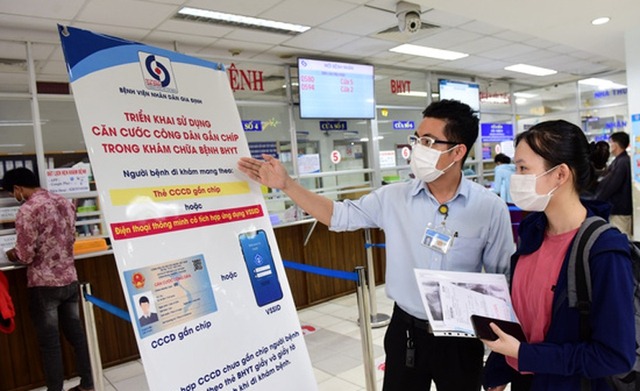 |
The health insurance contribution rate will be determined as 4.5% of monthly salary for subjects participating in compulsory health insurance. |
Subjects subject to this contribution rate include: Employees working under labor contracts of one month or more, including indefinite-term contracts and fixed-term contracts. Officials, civil servants, and public employees receiving salaries from the state budget. Foreign employees working in Vietnam under labor contracts of twelve months or more.
In addition, the health insurance premium also applies to specific groups of subjects such as: Business managers, controllers, representatives of state capital in enterprises and cooperatives who receive salaries. Workers, defense officials, police and employees working in the cryptography. Business owners participating in compulsory social insurance.
The implementation of new regulations of the Law on Health Insurance not only helps optimize revenue and expenditure in the insurance system but also brings many benefits to people, especially in improving the quality of medical services and reducing the financial burden on families.
One of the highlights of the draft is the expansion of health insurance coverage. Accordingly, groups such as children under 6 years old, people with revolutionary contributions, people from poor and near-poor households, and students will receive partial or full health insurance premium support from the state budget. This helps ensure that everyone, especially those with low incomes, will not be left behind when it comes to health care.
The health insurance premiums are gradually reduced for members of the same household. Specifically, the first person will pay 4.5% of the basic salary, the second, third and fourth people will pay 70%, 60%, 50% of the first person's contribution respectively, and from the fifth person onwards, they will only pay 40%. This is a policy that helps reduce the financial burden on households when participating in health insurance.
Regarding health insurance medical examination and treatment, according to information from the Ministry of Health, one of the important changes is the connection of medical examination and treatment for a number of diseases and groups of diseases for which health insurance participants do not need to have a referral letter.
Specifically, a list of 62 diseases and groups of diseases will be examined and treated at specialized medical facilities, while 167 diseases and groups of diseases will be treated at basic medical facilities. This helps patients access quality medical services without having to go through complicated referral procedures.
This brings significant convenience to patients, especially in saving time, costs and reducing the burden of administrative procedures. No longer having to worry about applying for a referral or complicated procedures before transferring, patients can easily go straight to the medical facility that suits their treatment needs.
The Ministry of Health also stipulates that health insurance participants can seek medical examination and treatment at primary health insurance facilities other than the place of registration without having to worry about administrative boundary distinction.
This is an important change that helps health insurance participants have more flexibility in accessing medical services, especially for students during summer vacation, workers on leave or those who frequently travel between localities.
This not only increases convenience for patients but also helps redistribute the burden on medical facilities in densely populated areas, reducing the load on upper-level hospitals.
Another new point is that transferring health insurance medical examination and treatment facilities will become more convenient thanks to the simplification of administrative procedures. According to Ms. Tran Thi Trang, Director of the Health Insurance Department, the new regulation helps reform procedures, reduce unnecessary hassles, and at the same time create favorable conditions for patients during the treatment process.
Patients now do not need to request a referral letter when they have been referred by a doctor. This not only reduces waiting time but also reduces unnecessary costs such as patient transportation.
In addition, the implementation of the Electronic Medical Examination and Treatment Facility Transfer Form and the Electronic Re-examination Appointment Form will help simplify administrative procedures, save time and minimize fraudulent acts in the work of transferring medical examination and treatment facilities.
The electronic form is integrated into the VNeID application of the Ministry of Public Security , helping to ensure publicity, transparency and convenience for patients when carrying out necessary procedures during the treatment process.
In addition, this also helps reduce paperwork costs and promote the application of technology in medical record management, which is in line with modern trends and helps improve the quality of medical services.
In addition to the administrative procedure reforms, the revised Law on Health Insurance also stipulates that patients who are transferred to a higher level of health care will enjoy full benefits of drugs and medical equipment as prescribed by a medical facility with higher technical expertise. This is a notable point, helping patients to use quality medical services without having to worry about additional costs.
This regulation contributes to enhancing comprehensive health care, ensuring the rights of health insurance participants in using standard drugs and medical equipment.
In addition, one of the new points is the publicity and transparency in the allocation of health insurance cards. Medical examination and treatment facilities will be responsible for publicizing the number of health insurance cards allocated, thereby creating favorable conditions for people when registering and using health services.
The Ministry of Health also requires medical facilities to advise patients on their rights, the diseases that are referred to them, and ensure maximum benefits for health insurance participants. This helps patients be more proactive in taking care of their health and following doctors' medical instructions.
According to Deputy Minister of Health Tran Van Thuan, new points in the Law on Health Insurance and related circulars will help strengthen the sustainable development of the health insurance system, creating favorable conditions for people in health care.
The decision to improve the quality of medical examination and treatment, simplify procedures and ensure fairness in access to medical services will help people feel more secure when participating in health insurance.
Source: https://baodautu.vn/de-xuat-moi-ve-muc-dong-bao-hiem-y-te-d242867.html







![[Photo] Dan Mountain Ginseng, a precious gift from nature to Kinh Bac land](/_next/image?url=https%3A%2F%2Fvphoto.vietnam.vn%2Fthumb%2F1200x675%2Fvietnam%2Fresource%2FIMAGE%2F2025%2F11%2F30%2F1764493588163_ndo_br_anh-longform-jpg.webp&w=3840&q=75)






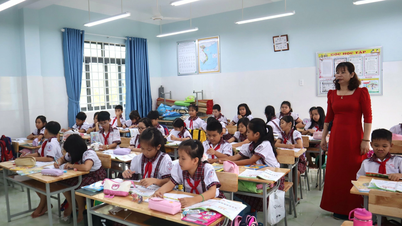

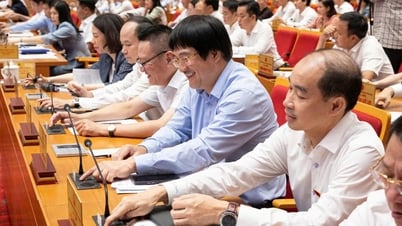




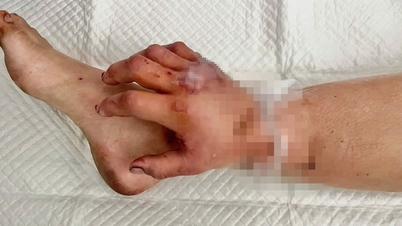

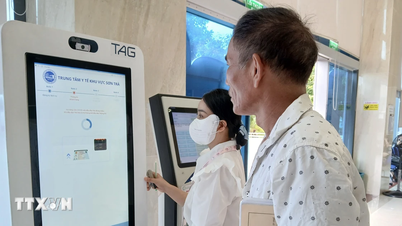










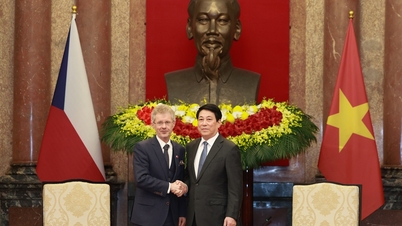
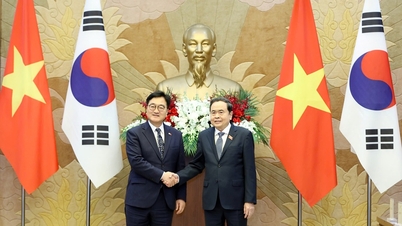


















































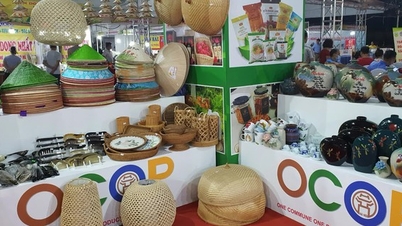


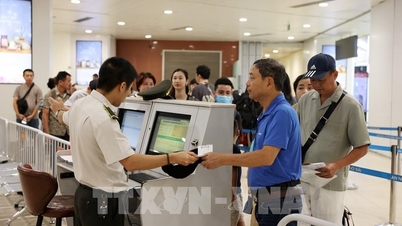


















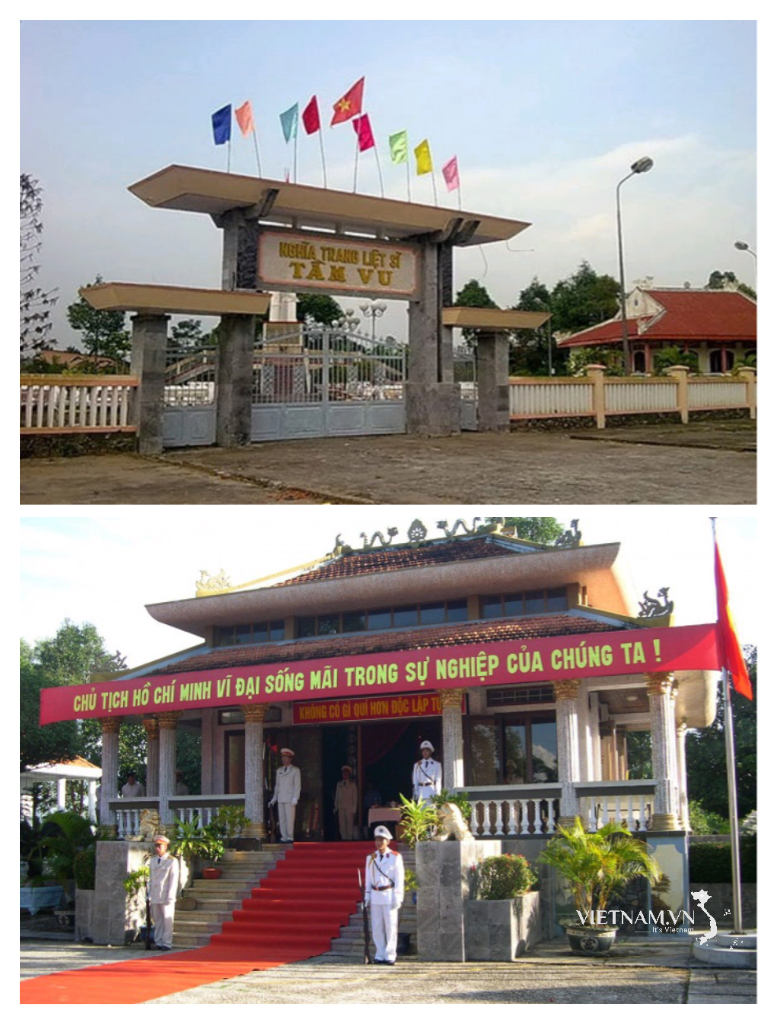

Comment (0)